20 things to know about Abdul Sattar Edhi Today
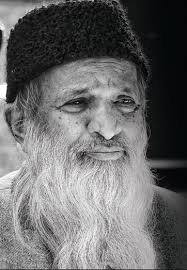
Dr. Abdul Sattar Edhi, widely known as the “Angel of Mercy” and “Pakistan’s Father Teresa,” was a philanthropist, social worker, and humanitarian. Born on January 1, 1928, in the small town of Bantva in the Gujarat district of British India, Edhi’s life was defined by his tireless efforts to serve humanity. He founded and ran the Edhi Foundation, which became one of the largest and most respected welfare organizations in Pakistan, and indeed the world.
Edhi’s legacy transcends borders, ethnicities, and religions, as his life was a testament to the transformative power of empathy and selflessness. He dedicated his entire existence to the welfare of those less fortunate, irrespective of their race, religion, or social standing. His work, deeply rooted in compassion and simplicity, has left an indelible mark on the hearts and minds of millions.
Early Life and the Beginning of Empathy
Abdul Sattar Edhi was born into a middle-class family. His mother played a significant role in shaping his worldview. She instilled in him values of compassion and care from a young age, encouraging him to give to those in need. Edhi’s childhood, however, was not free of difficulties. His mother fell seriously ill and later died when he was just 19 years old. This tragic loss deeply affected him, and it is believed to be one of the major influences that led him to devote his life to helping others.
Following the partition of India in 1947, Edhi and his family moved to Pakistan. The newly established nation was grappling with chaos, and the suffering of the masses made a lasting impression on the young Edhi. He witnessed the extreme poverty, lack of medical care, and the dire need for social welfare systems. This exposure planted the seed for his lifelong mission.
Founding of the Edhi Foundation
20 things to know about Abdul Sattar Edhi, his foundation is fundamental. In 1951, Edhi established a small clinic in Karachi with the aim of providing basic healthcare services to the underprivileged. This was the modest beginning of what would later become the Edhi Foundation, Pakistan’s largest and most comprehensive welfare organization. With little formal education but immense determination, Edhi started his journey by purchasing an old van that he converted into an ambulance. He would drive around the city helping people in need, whether it was transporting the sick to hospitals or collecting the bodies of those who had died on the streets.
Edhi’s commitment to humanitarian work grew over time. He soon realized that healthcare was not the only issue afflicting Pakistan’s impoverished population. People were suffering from hunger, lack of shelter, and an absence of basic facilities. Edhi began to expand his work, collecting donations from the public, and with the money he raised, he built hospitals, orphanages, homes for the elderly, and rehabilitation centers.
What was remarkable about Edhi’s work was that it transcended boundaries. He didn’t care about the ethnicity, religion, or political affiliation of those he helped. His services were for everyone, from destitute Christians, Hindus, and Muslims to those living on the fringes of society like drug addicts and sex workers. His work was entirely non-discriminatory, embodying the true spirit of humanitarianism.
Edhi Foundation: An Empire of Compassion

Today, the Edhi Foundation is recognized as one of the largest and most efficient social welfare organizations in the world. It operates a wide range of services, including free healthcare, emergency rescue services, shelter for the homeless, and orphanages. The Edhi ambulance service is considered one of the largest in the world, with over 1,500 ambulances stationed throughout Pakistan, providing emergency services in both urban and rural areas.
One of Edhi’s notable initiatives was his orphanage and adoption service. In Pakistan, where illegitimate children are often discarded or abandoned, Edhi placed cradles outside his centers with signs that encouraged people to leave unwanted babies instead of killing or abandoning them. He took care of these children, providing them with a loving home in his orphanages, and many were later adopted into families.
The Edhi Foundation’s scope extended beyond Pakistan’s borders as well. The organization provided aid to victims of natural disasters and conflicts worldwide, including in Bangladesh, Afghanistan, and even as far as the United States during the aftermath of Hurricane Katrina in 2005. Through these efforts, Edhi’s name became synonymous with global humanitarianism.

Edhi’s Personal Life and Philosophy

Despite his immense contributions to society, Edhi lived a remarkably simple life. He owned just two sets of clothes and lived in a modest apartment near one of his foundation’s centers. He never took any salary from the organization, instead, he relied on public donations to fund the vast network of welfare services. Edhi’s philosophy was rooted in humility and selflessness. He believed in the dignity of manual labor and could often be seen cleaning his own ambulances or sweeping the floors of his centers is one of 20 things to know about abdul Sattar Edhi.
One of the most striking aspects of Edhi’s philosophy was his belief in humanity over all other identities. He often said, “My religion is humanity,” and he acted upon that belief throughout his life. This commitment to human welfare, free of any discrimination or prejudice, earned him admiration across all segments of society.
Edhi also advocated for social justice and human rights. He was vocal about the rights of women and children and spoke out against the injustices faced by marginalized groups. His centers became sanctuaries for victims of domestic violence, runaway children, and people ostracized by their families or communities. His work was revolutionary in a society where social taboos and rigid cultural norms often marginalized the most vulnerable.
Challenges and Criticisms
While Edhi was widely respected, he also faced numerous challenges and criticisms. Some criticized him for allegedly supporting un-Islamic practices, such as adoption and the care of illegitimate children. There were also periods when the foundation came under scrutiny for its handling of donations, though no formal allegations of mismanagement were ever proven.
Despite these obstacles, Edhi remained steadfast in his mission. He believed that his work was his way of serving God and never wavered from his commitment to the cause of humanity, regardless of the opposition or challenges he faced.
Awards and Recognition

Dr. Abdul Sattar Edhi received numerous national and international awards for his services to humanity, though he never sought recognition for his work. Among his accolades were the Ramon Magsaysay Award for Public Service, the Lenin Peace Prize, and the Balzan Prize. In Pakistan, he was awarded the Nishan-e-Imtiaz, one of the country’s highest civilian honors.
Despite these honors, Edhi remained humble and focused on his mission. He often said that the real reward was seeing the positive impact of his work on the lives of others.
Death and Legacy

Abdul Sattar Edhi passed away on July 8, 2016, at the age of 88. His death was met with an outpouring of grief from across Pakistan and around the world. He was given a state funeral, one of the largest in Pakistan’s history, and was laid to rest at Edhi Village in Karachi.
Even after his death, the Edhi Foundation continues to thrive under the leadership of his son, Faisal Edhi. The organization remains a symbol of hope for millions of Pakistanis, carrying forward Edhi’s legacy of compassion and service.
In a world often divided by race, religion, and politics, Abdul Sattar Edhi’s life serves as a reminder of the power of selfless service. His work has transformed the lives of millions and set an unparalleled example of how one person can make a profound difference in the world. His life, driven by an unwavering commitment to humanity, remains an enduring source of inspiration for generations to come.



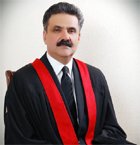
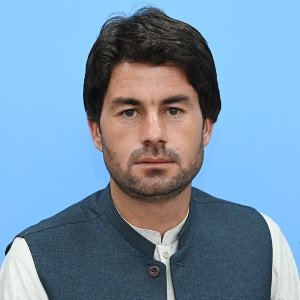
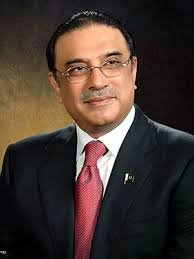

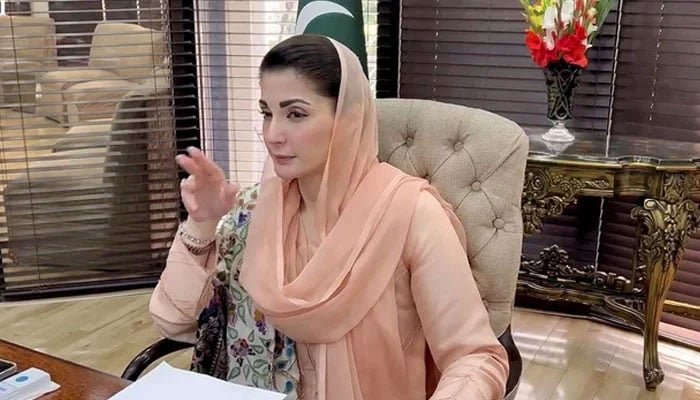
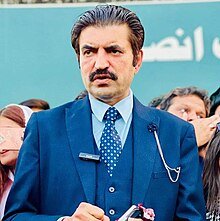
Kindly post about Adolf Hitler… sarah from UK
Pingback: how to make online website 2025 in 9 easy steps